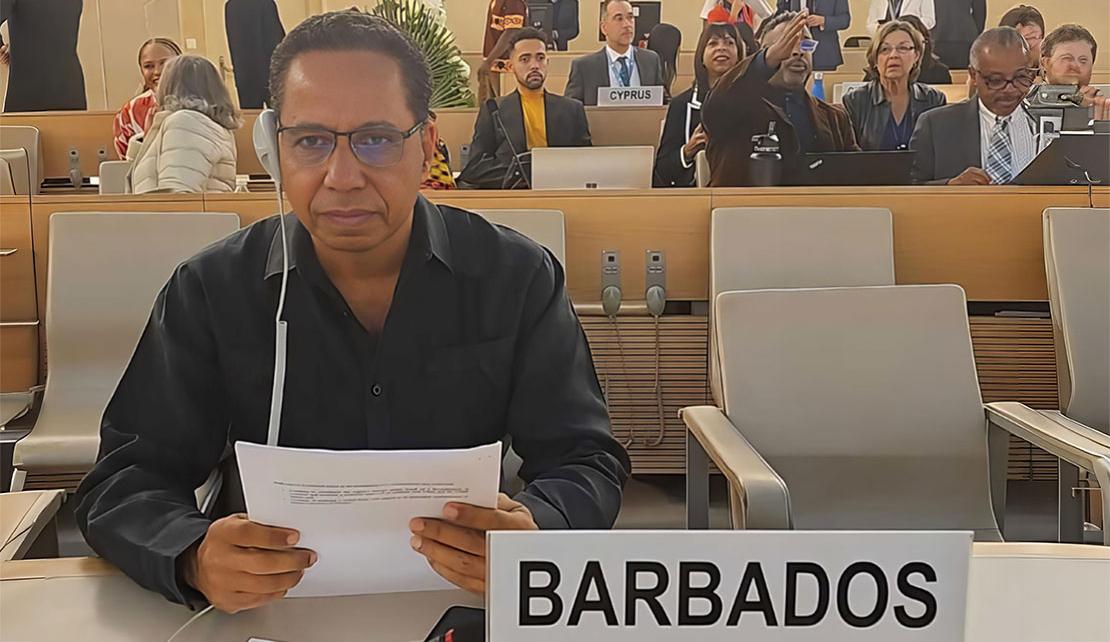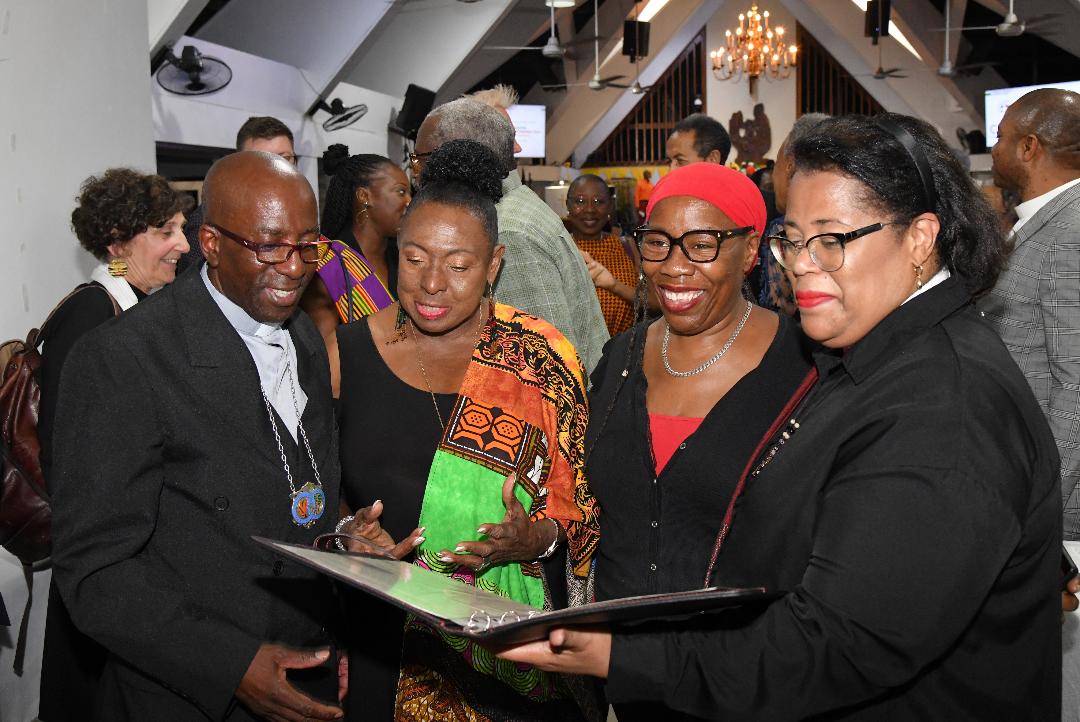#Kingston, June 19, 2018 – Jamaica – The Registrar General’s Department (RGD) will be hosting a series of registration fairs across the island  over the next 18 months to facilitate persons who are without a birth certificate or those who may need to complete the process. The first in the series of fairs will be held on Wednesday (June 20) from 9:30 a.m. to 4:00 p.m. at the Linstead Methodist Church in St. Catherine.
over the next 18 months to facilitate persons who are without a birth certificate or those who may need to complete the process. The first in the series of fairs will be held on Wednesday (June 20) from 9:30 a.m. to 4:00 p.m. at the Linstead Methodist Church in St. Catherine.
Persons in Linstead and surrounding areas will be able to access late registration and late entry of name services, free of cost.
“So, if you are not sure you were registered, never seen a copy of your birth certificate, have a birth certificate but no surname or name on it, then we will help you get an identity,” RGD’s Marketing and Planning Manager, Nicole Whyte, said in a JIS News interview.
She explained that the staging of the fairs “is a drive to register all unregistered persons in Jamaica, as there are persons who are not accounted for – they do not have an identity; they were born but were never, ever registered”. She noted that there are also individuals who were registered but they were not named at birth.
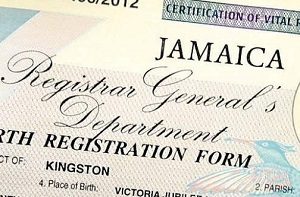 “So, there is no name at registration, just the sex of male or female, the date and where they were born. Also there are persons who were given a first name but no surname, and that is not acceptable now. We cannot print or generate a birth certificate without a name or surname on it, and so the registration process would be deemed incomplete in these instances,” she pointed out.
“So, there is no name at registration, just the sex of male or female, the date and where they were born. Also there are persons who were given a first name but no surname, and that is not acceptable now. We cannot print or generate a birth certificate without a name or surname on it, and so the registration process would be deemed incomplete in these instances,” she pointed out.
Mrs. Whyte said that persons will be required to present whatever documents they possess that can be used as verification, in addition to completing a form.
“If persons have access to their christening records, a marriage certificate, if any of their parents is deceased and they have the death certificate, immunisation card, or school records… whatever they have as proof of name or to substantiate who they say they are, will be accepted and used in the registration process,” she pointed out.
She informed that for the late entry of name, the process takes four to six weeks for the birth certificate to be generated while the late registration takes a longer period, involving a lengthy, thorough process of searching records to ensure that persons were not previously registered.
Highlighting the importance of registration, Mrs. Whyte pointed out that “it allows you to have an identity and that is how we are able to say this is  ‘John Brown’, who was born to such parents at this particular place and date”.
‘John Brown’, who was born to such parents at this particular place and date”.
“The birth certificate is one of those first documents that you will need in order to get other documents. So you need a birth certificate in order to obtain a passport, tax registration number (TRN), to apply and get benefits from the Programme of Advancement Through Health and Education (PATH); or for persons who are working and approaching retirement, they need their birth certificate in order to access their pension,” she noted.
“So, if you know you were not registered, never seen a copy of your birth certificate, have a birth certificate but no surname or name is on it, then we are encouraging you to make use of this opportunity and get registered or complete the registration process free of cost at these upcoming fairs,” Mrs. Whyte urged.
Persons who are already registered, but may need another copy of their birth certificate, can also access the service at a cost.
For information on dates and locations of the fairs, members of the public can contact the RGD at 876-619-1260 or 749-0550.
Release: JIS
Photo credit: HuffPost
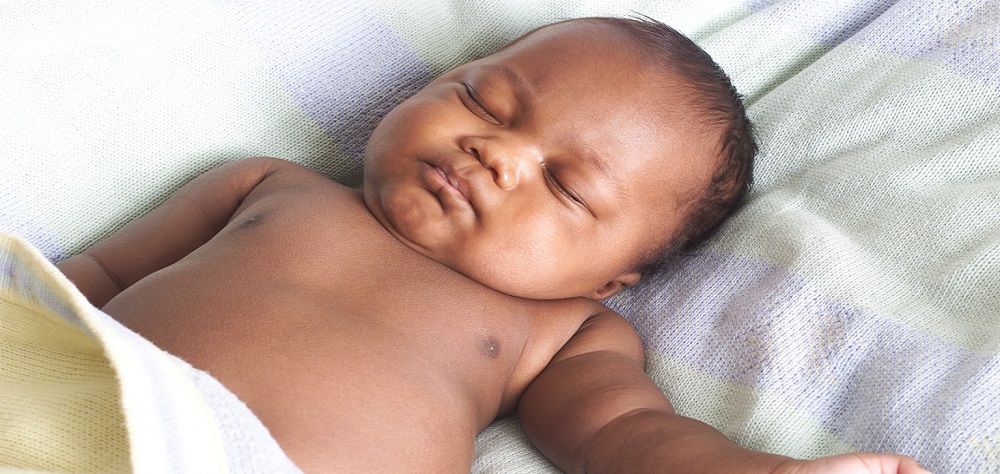

 Caribbean News1 week ago
Caribbean News1 week ago
 News1 day ago
News1 day ago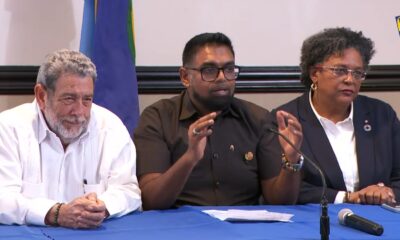
 Caribbean News1 week ago
Caribbean News1 week ago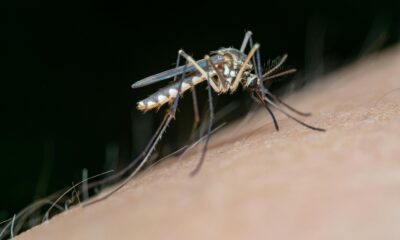
 Health1 week ago
Health1 week ago
 Health1 week ago
Health1 week ago
 Caribbean News3 days ago
Caribbean News3 days ago
 Caribbean News6 days ago
Caribbean News6 days ago
 Health1 week ago
Health1 week ago



